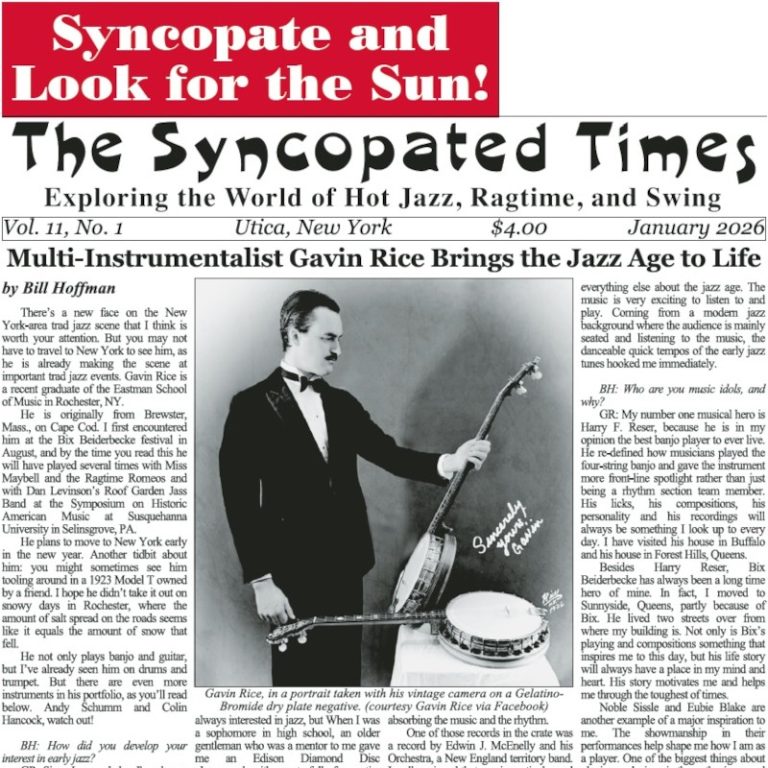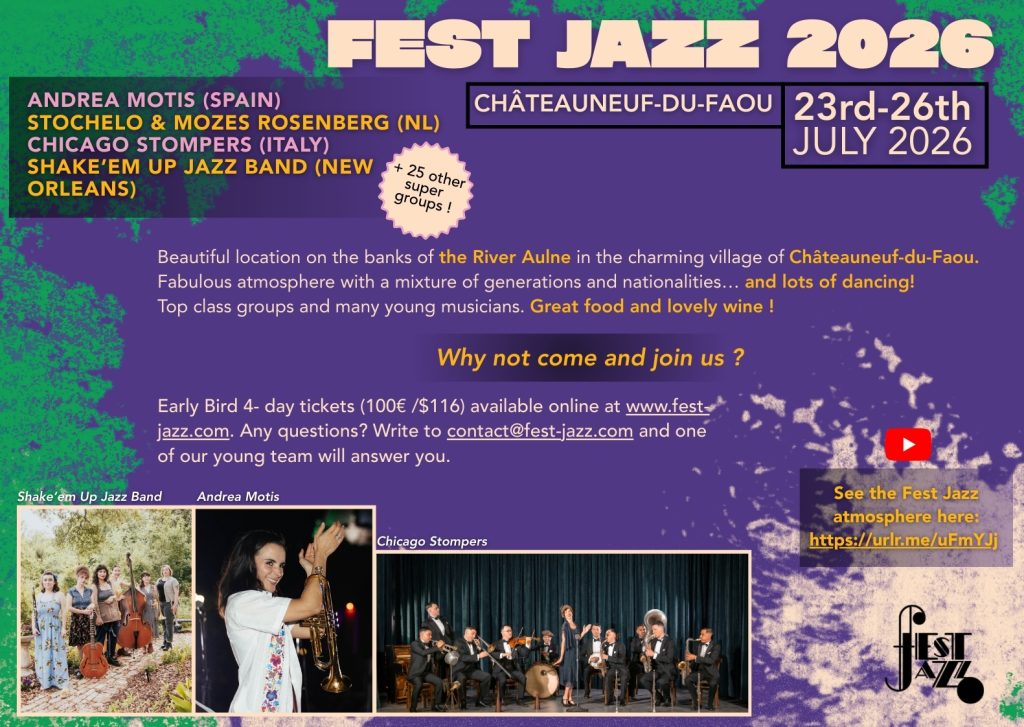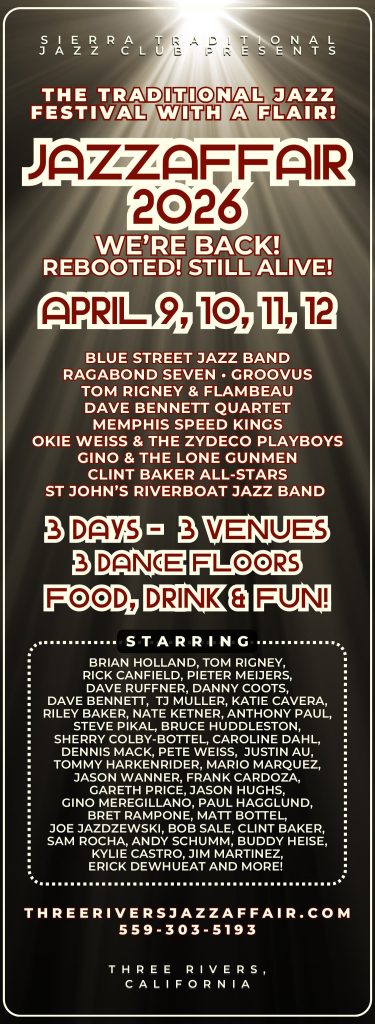I face the task of writing this essay with more than a little dread. Last month’s “Static” expressed my views concisely and effectively, and if it were up to me I would run that column in this space as long as I publish The Syncopated Times. But writers have to write, and there is indeed more to say.
The madness of which I spoke is now dominant and I find myself lacking the emotional detachment I felt so certain I could maintain. Until November 8th, we had maintained an uneasy truce with each other that permitted us to navigate with a strained cordiality. Our social relations were brittle, though to all appearances stable. Our barely functional civility has shattered overnight.
I am not here to point fingers. Both sides were wrong. Each side regarded the other with thinly-veiled condescension if not outright disdain. Neither side could see the other as fully human. We will reap the bitter harvest of that total failure of empathy, and when it all goes wrong both sides will blame each other. Of course they will.
In the midst of this Uncivil War, we still have to make music. My thoughts about jazz as a hostility-free zone were stated last month. I begin to wonder if that view is even remotely realistic. Will it be possible to check our opinions at the door and settle in to swing? Or will the opposing sides form separate bands to play for their respective audiences in polit
You've read three articles this month! That makes you one of a rare breed, the true jazz fan!
The Syncopated Times is a monthly publication covering traditional jazz, ragtime and swing. We have the best historic content anywhere, and are the only American publication covering artists and bands currently playing Hot Jazz, Vintage Swing, or Ragtime. Our writers are legends themselves, paid to bring you the best coverage possible. Advertising will never be enough to keep these stories coming, we need your SUBSCRIPTION. Get unlimited access for $30 a year or $50 for two.
Not ready to pay for jazz yet? Register a Free Account for two weeks of unlimited access without nags or pop ups.
Already Registered? Log In
If you shouldn't be seeing this because you already logged in try refreshing the page.




